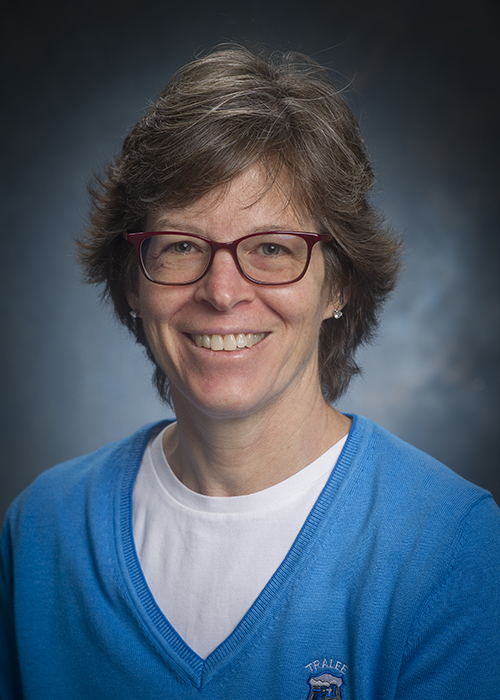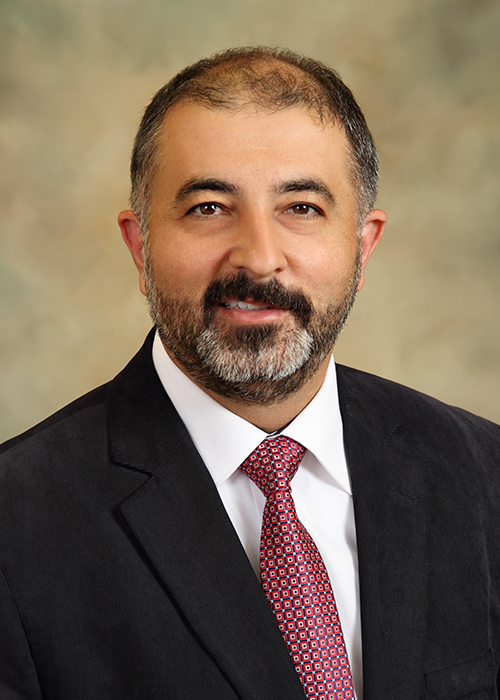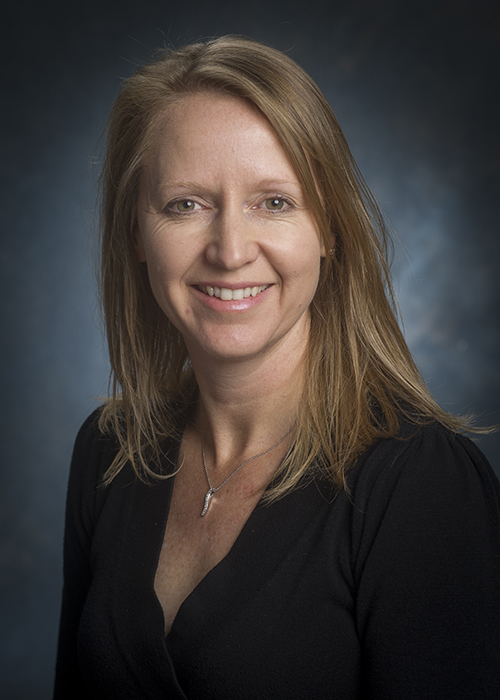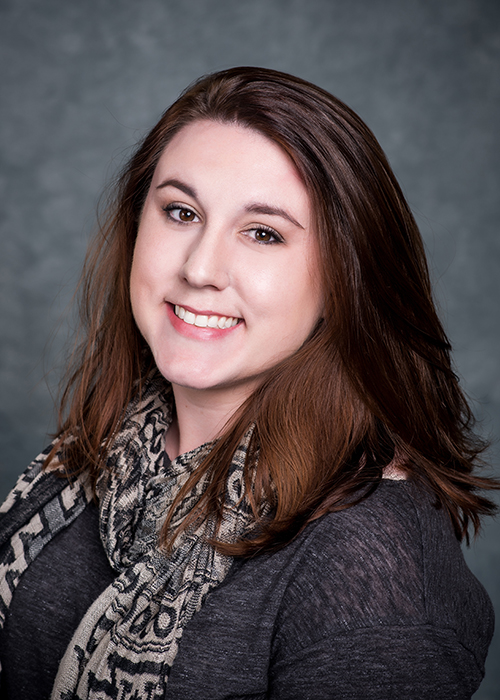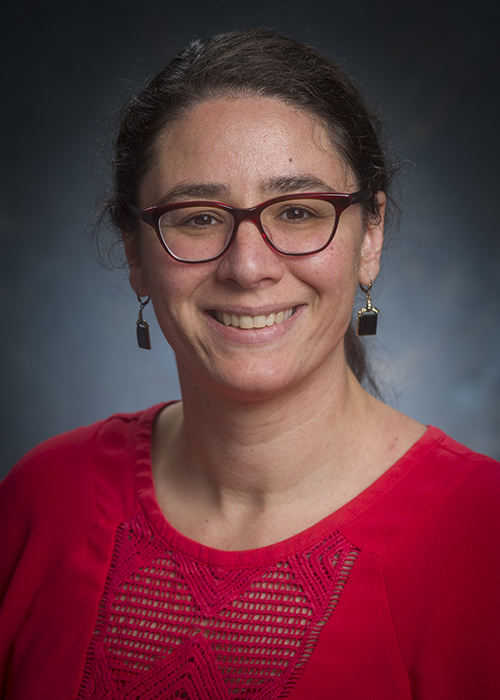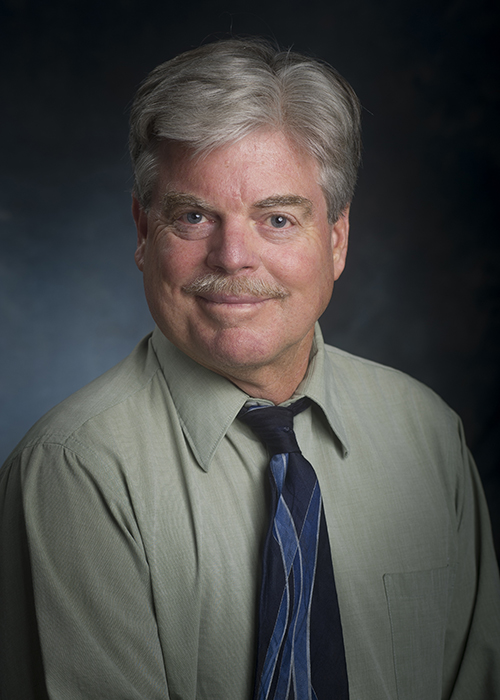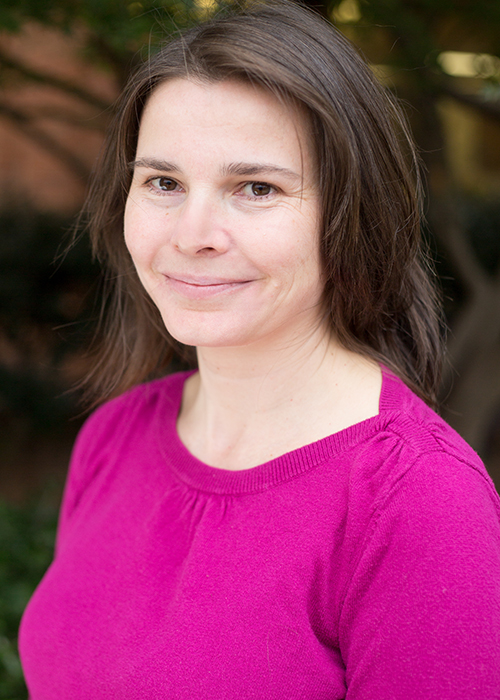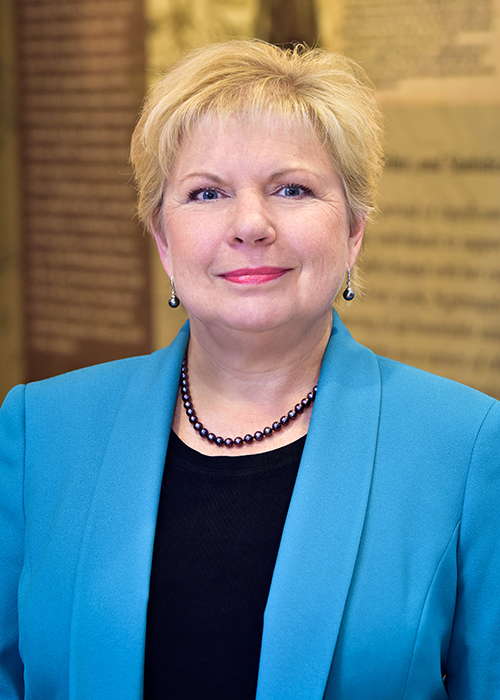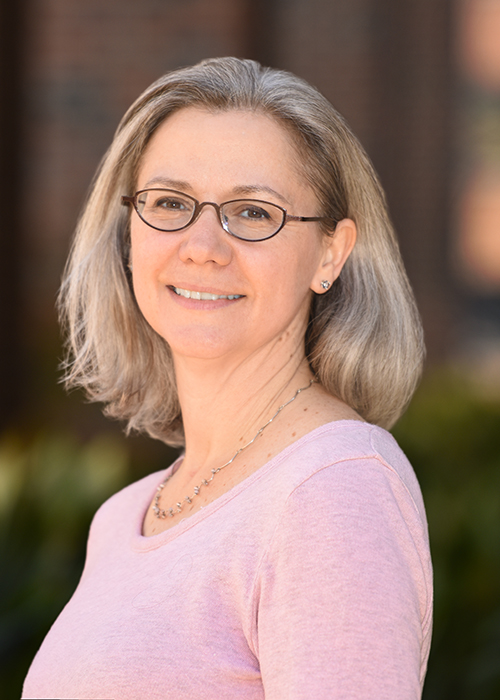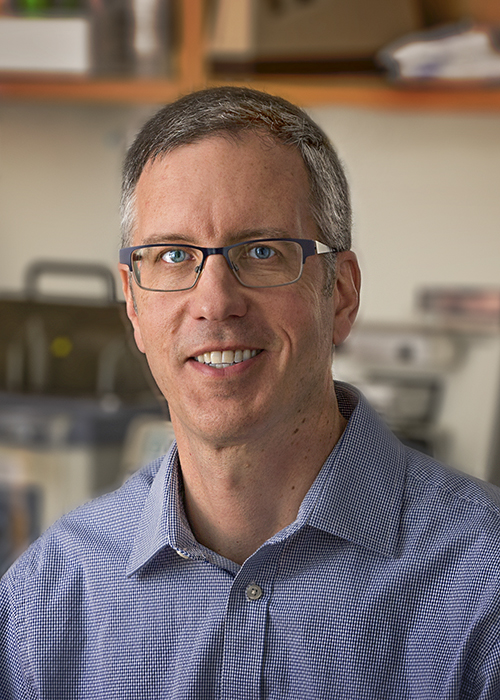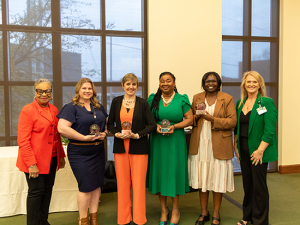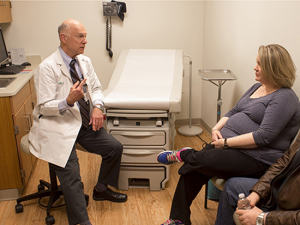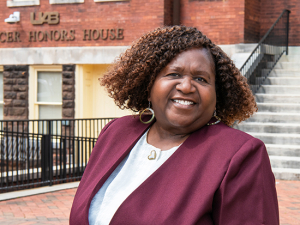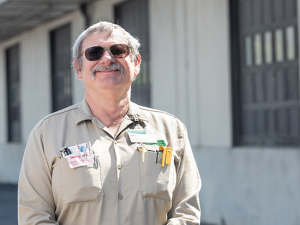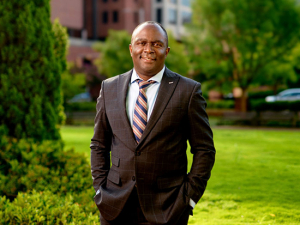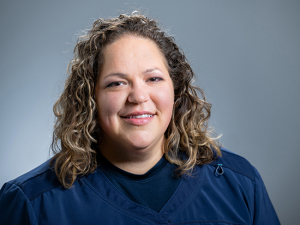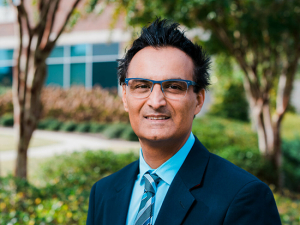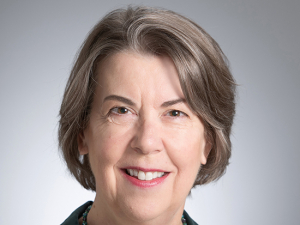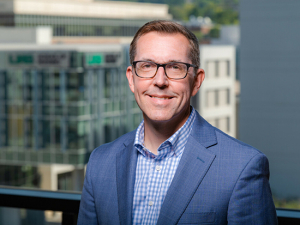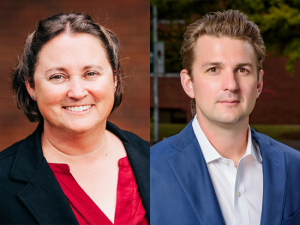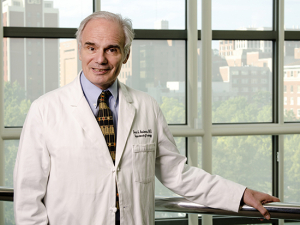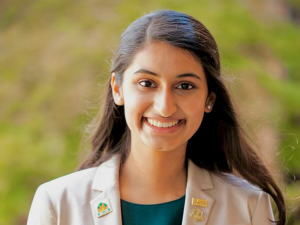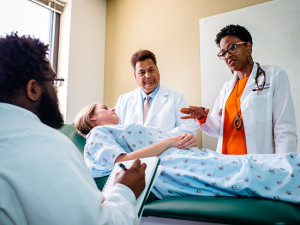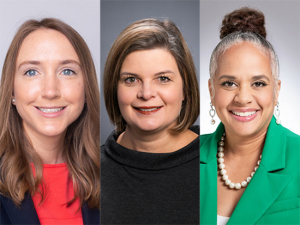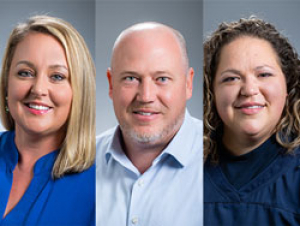Ten graduate faculty were honored with the UAB Graduate Dean’s Excellence in Mentorship Award for exceptional work with graduate students and postdoctoral fellows during a ceremony April 2.
Elizabeth Beierle, M.D., professor in the Department of Surgery and director of the Hepatobiliary Clinic at Children’s of Alabama; Ferhat Zengul, Ph.D., assistant professor in the Department of Health Services Administration; Paula Chandler-Laney, Ph.D., assistant professor in the Department of Nutrition Sciences; Jenna LaChenaye, Ph.D., assistant professor in the Department of Human Studies; Emily Levitan, Ph.D., associate professor in and interim chair of the Department of Epidemiology; Jim McClintock, Ph.D., Endowed University Professor of Polar and Marine Biology; Sylvie Mrug, Ph.D., professor in and interim chair of the Department of Psychology; Pat Patrician, Ph.D., Rachel Z. Booth Endowed Chair in the School of Nursing; Amy Knight, Ph.D., assistant professor in the Department of Physical Medicine and Rehabilitation; and Erik Roberson, Ph.D., associate professor of neurology and neurobiology and Patsy W. and Charles A. Collat Professor of Neuroscience are the 2018 recipients.
Each recipient has a different idea about what makes mentoring graduate students and postdocs special. Some say it’s the glimpse into the future of research and science. Others believe learning about encouragement and modeling a positive outlook has taught them just as much as they taught the young researchers.
“Each student blossoms under a delicate balance of a mentor's capacity to listen, guide — and sometimes,” McClintock said, “simply get out of the way.”
Click through to see what the award recipients say they learned as mentors to UAB’s up-and-coming scientists.
-
A bright future
“The most important thing I’ve learned through mentoring graduate students is that this next generation of scientists is absolutely amazing. These young investigators are going to make scientific advances that my generation and I only imagined in our wildest dreams.”
— Elizabeth Beierle, M.D., professor in the Department of Surgery and director of the Hepatobiliary Clinic at Children’s of Alabama -
Learning is mutual
“I learned that mentoring is a reciprocal process in which a mentor learns from mentees as much as or sometimes even more than the other way around.”
— Ferhat Zengul, Ph.D., assistant professor in the Department of Health Services Administration -
Keep it upbeat
“Lead your group with a positive and optimistic attitude. Help your students rephrase their weaknesses and disappointments as opportunities to grow. Model this for them; be honest about the challenges of choosing an academic path, but teach them how to find the training and support they need to overcome any challenges they face.”
— Paula Chandler-Laney, Ph.D., assistant professor in the Department of Nutrition Sciences -
Collaboration is key
“The most important thing I have learned from mentoring graduate students? Our graduate students bring in new challenges and contexts with their research. For them, the research process itself is the challenge that we as faculty can support them through; however, these students are well-versed in their specific contexts and areas of interest and offer so much to my own learning and growth as a researcher. It’s a collaborative process that challenges both sides as we learn together.”
— Jenna LaChenaye, Ph.D., assistant professor in the Department of Human Studies -
Show, don’t tell
“I have learned that guiding graduate students is almost always better than telling them. I am excited by epidemiology and love to discuss it. However, when I can encourage students to find answers to their own questions, they usually gain a deeper understanding than when I give them my version.”
— Emily Levitan, Ph.D., associate professor in and interim chair of the Department of Epidemiology -
Be flexible
“I’ve learned that each graduate student is unique, and there is no one-size-fits-all when it comes to the provision of mentorship. Each student blossoms under a delicate balance of a mentor’s capacity to listen, guide and sometimes simply get out of the way. Success is measured not in a student’s sense of dependency on a mentor, but rather a student’s success in moving forward, independently, and taking wing.”
— Jim McClintock, Ph.D., Endowed University Professor of Polar and Marine Biology -
Promote the passion
“I’ve learned that students have different goals, aspirations and needs and that it’s important to understand what these are to help students be successful. Likewise, it is important to support students in pursuing research questions they are passionate about — it makes their training and research more meaningful and it makes them happier.”
— Sylvie Mrug, Ph.D., professor in and interim chair of the Department of Psychology -
Keep learning
“I learn more from them than they learn from me.”
— Pat Patrician, Ph.D., Rachel Z. Booth Endowed Chair in the School of Nursing -
Develop personally
“I have learned the value of questions to enhance my ongoing development and depth of knowledge in the field.”
— Amy Knight, Ph.D., assistant professor in the Department of Physical Medicine and Rehabilitation -
Remember the passion
“Mentoring graduate students serves to remind me often of the joys of scientific discovery and the excitement of working with young minds. Their passion, energy and creativity has been a big part of my lab’s success.”
— Erik Roberson, Ph.D., associate professor of neurology and neurobiology and Patsy W. and Charles A. Collat Professor of Neuroscience
